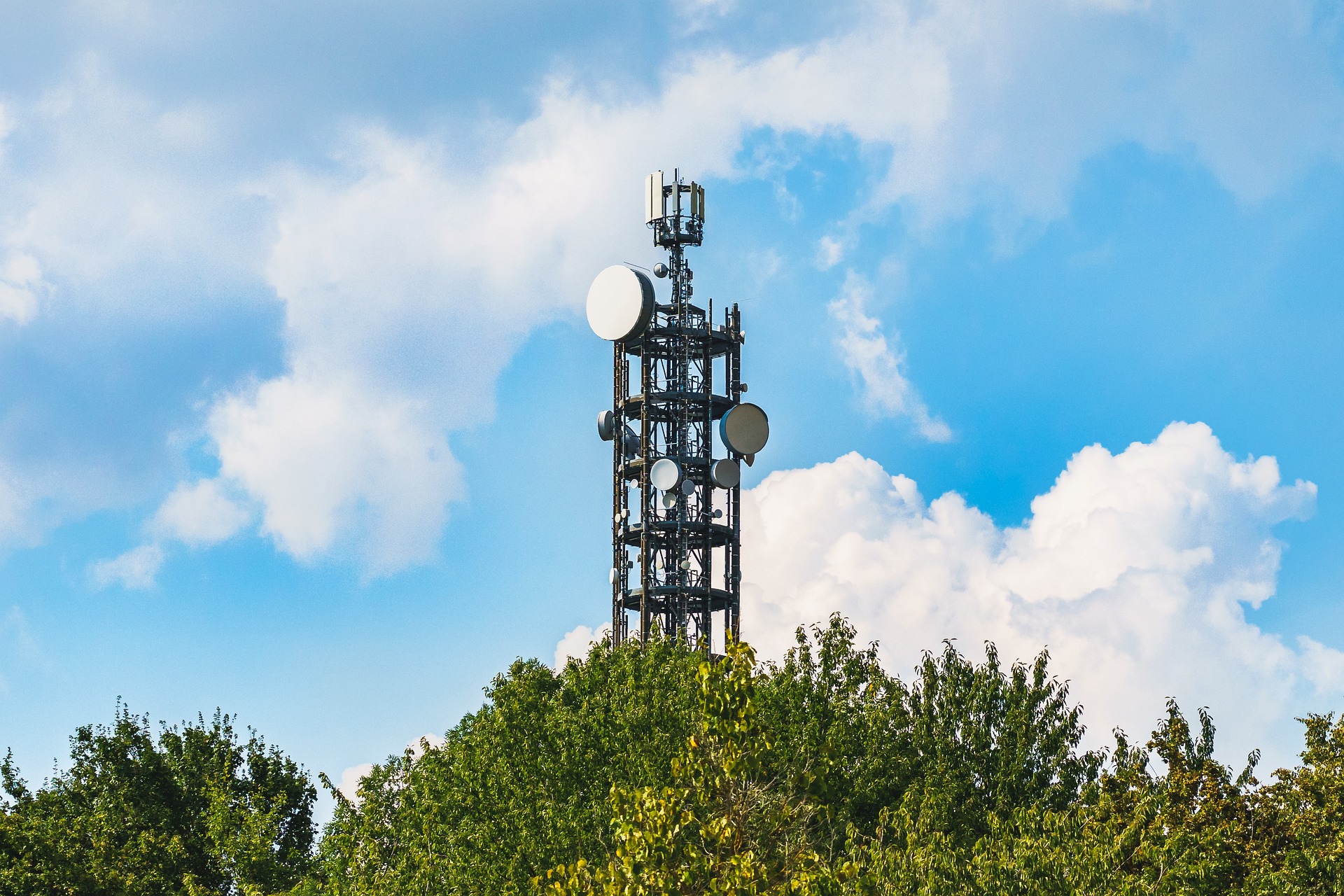Why So Many Young People Feel Anxious Today
More and more people under 30 say they feel constant pressure, emptiness, and fatigue — even when everything seems fine. Experts say anxiety among young adults has quietly become one of the biggest mental health issues of our time. Learn what psychologists say — and discover simple steps that can help you manage anxiety before it takes control.

The experience of persistent worry and unease has become a defining characteristic of youth culture in the 21st century. While anxiety has always existed across generations, the intensity and prevalence among young adults and adolescents have shifted noticeably. This change reflects broader societal transformations, technological advancements, and evolving expectations that shape how younger people navigate their formative years.
This article is for informational purposes only and should not be considered medical advice. Please consult a qualified healthcare professional for personalized guidance and treatment.
The Silent Rise of Anxiety Among Young People
Statistical trends indicate that anxiety disorders have increased significantly among individuals under 30. Research from mental health organizations shows that young people report higher levels of stress related to academic performance, career prospects, and personal identity compared to previous generations. The normalization of discussing mental health has made these struggles more visible, yet the underlying pressures remain deeply embedded in modern life. Environmental factors such as economic instability, climate concerns, and political polarization contribute to a pervasive sense of uncertainty. Young people often feel they are inheriting complex global challenges without adequate resources or support systems to address them effectively.
Social Media and Constant Comparison
Digital platforms have fundamentally altered how young people interact, form relationships, and perceive themselves. The curated nature of social media content creates an environment where comparison becomes unavoidable. Individuals are regularly exposed to idealized versions of others’ lives, leading to feelings of inadequacy and self-doubt. The pressure to maintain an online presence, accumulate validation through likes and comments, and keep up with rapidly changing trends adds layers of stress to everyday existence. Research suggests that excessive social media use correlates with increased anxiety symptoms, particularly when individuals engage in upward social comparison. The constant connectivity also blurs boundaries between personal time and social obligations, making it difficult to disconnect and recharge. Notification-driven interactions create a cycle of anticipation and response that can heighten nervous system activation throughout the day.
How Therapy Can Help You Regain Balance
Professional psychological support offers structured approaches to understanding and managing anxiety. Various therapeutic modalities address different aspects of anxious thinking and behavior. Cognitive-behavioral approaches help individuals identify thought patterns that contribute to distress and develop alternative perspectives. Mindfulness-based interventions teach techniques for staying present rather than ruminating on past events or future uncertainties. Psychodynamic approaches explore how early experiences and relationship patterns influence current emotional responses. Working with a trained professional provides a confidential space to process difficult emotions, develop coping strategies, and build resilience. Many young people find that regular sessions create accountability and structure that supports gradual change. The therapeutic relationship itself can model healthy communication and provide corrective emotional experiences that counteract isolation and misunderstanding.
Understanding Treatment Options and Accessibility
Accessing mental health services varies considerably depending on location, insurance coverage, and financial resources. Many communities offer sliding scale options through nonprofit organizations, university counseling centers, and community mental health clinics. Online platforms have expanded access by connecting individuals with licensed professionals through video sessions, making support available regardless of geographic constraints. Some employers and educational institutions provide employee assistance programs or student counseling services at reduced or no cost. When seeking support, individuals can research local services in their area, contact insurance providers to understand coverage, or explore teletherapy platforms that offer flexible pricing structures. Initial consultations often help determine which approach aligns with specific needs and circumstances.
Building Practical Coping Strategies
Beyond formal treatment, daily practices can significantly impact anxiety levels. Regular physical activity helps regulate stress hormones and improves mood through neurochemical changes. Establishing consistent sleep schedules supports emotional regulation and cognitive function. Limiting exposure to triggering content, setting boundaries around social media use, and cultivating offline relationships provide balance to digital engagement. Breathing exercises, progressive muscle relaxation, and grounding techniques offer immediate tools for managing acute anxiety episodes. Journaling helps externalize worries and identify patterns over time. Building a support network of trusted friends, family members, or peer groups creates opportunities for connection and shared understanding. Small, consistent changes often prove more sustainable than dramatic overhauls, allowing individuals to gradually build confidence in their ability to manage difficult emotions.
Moving Forward With Awareness and Support
Recognizing anxiety as a common experience rather than a personal failing represents an important shift in perspective. Young people today face unique pressures that previous generations did not encounter in the same forms. Acknowledging these challenges without self-judgment opens pathways to seeking help and implementing change. Mental health exists on a spectrum, and experiencing anxiety does not diminish one’s capabilities or worth. Resources continue to expand as awareness grows, making support more accessible than ever before. Whether through professional guidance, peer connection, or self-directed practices, multiple avenues exist for managing anxiety and building a more balanced relationship with stress. The journey toward emotional well-being is ongoing, shaped by individual circumstances and evolving needs over time.




